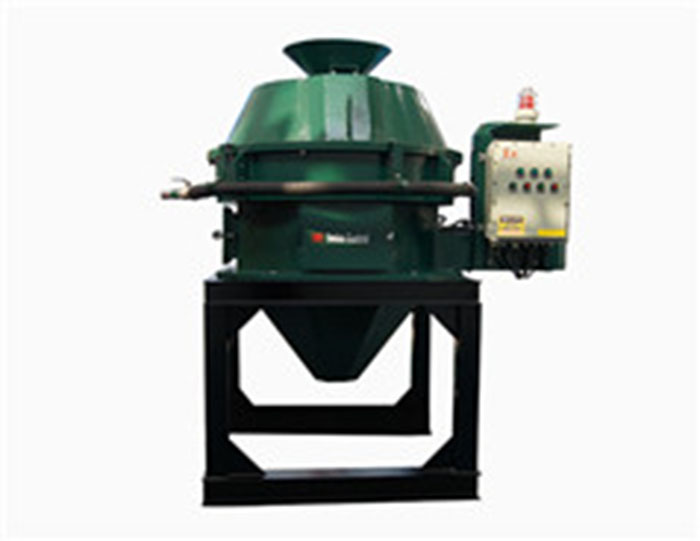The Role of Offshore Mud Skips in Marine Operations
Offshore mud skips, often referred to as mud skips or mud containers, play a crucial role in the oil and gas industry, primarily in offshore drilling operations. These specialized containers are designed to handle the safe and efficient transportation of drilling waste, including mud, cuttings, and other materials generated during drilling activities. The growing importance of these skips reflects a broader trend towards sustainable practices in marine environments and the need for effective waste management solutions.
What Are Offshore Mud Skips?
Mud skips are typically made from durable materials such as steel and are designed to withstand harsh marine conditions. They come in various sizes, allowing operators to choose the right container according to the volume and type of waste material being handled. The design of mud skips ensures that they are sealed and secure, minimizing the risk of spills or leaks during transportation.
The primary purpose of mud skips is to collect drilling waste. During the drilling process, a mixture of water, clay, and other additives known as drilling mud is utilized to cool the drill bit and bring drill cuttings to the surface. Once the drilling operation is completed or when the mud becomes contaminated, it needs to be disposed of properly. This is where mud skips come into play, providing a reliable solution to transport this waste to designated disposal sites.
Environmental Considerations
One of the most significant concerns in offshore drilling operations is environmental protection. The improper disposal of drilling waste can lead to severe ecological damage, including pollution of marine habitats and water sources. Regulatory agencies worldwide impose stringent regulations concerning the disposal of drilling fluids and cuttings to ensure minimal environmental impact.
Mud skips help mitigate these risks by providing a contained and manageable way to transport waste. They can be transported on supply vessels equipped for offshore operations, ensuring that waste is delivered to land-based treatment facilities that adhere to environmental standards. By encapsulating waste securely, mud skips help prevent contamination of the ocean and marine ecosystems, aligning with the industry\'s increased focus on sustainability.
offshore mud skips
Operational Efficiency
In addition to their environmental benefits, offshore mud skips significantly improve operational efficiency. The use of such containers allows drilling crews to streamline the waste management process. Instead of leaving waste on-site or employing less effective methods of disposal, mud skips facilitate the quick collection and removal of waste. This results in reduced downtime on drilling rigs and enhances overall productivity.
Employing mud skips also minimizes labor costs associated with waste handling. Drilling crews can focus on their primary tasks rather than diverting attention to waste management, which can be time-consuming and potentially hazardous. The ergonomic design of mud skips allows for easier handling and transportation, further contributing to operational efficiency.
Future Innovations
As the demand for offshore drilling continues to grow, innovations in mud skip design and functionality are expected to develop. This includes advancements in materials that can further improve durability and reduce weight, making them easier to handle. Additionally, the integration of smart technology such as sensors can help monitor the condition of the waste inside the skips, providing valuable data to operators for better decision-making.
Moreover, ongoing efforts to enhance waste recycling and treatment processes can ensure that materials collected in mud skips are repurposed wherever possible, contributing to a circular economy in the offshore sector.
Conclusion
In summary, offshore mud skips are vital components of responsible and efficient waste management in the oil and gas industry. By ensuring the safe transportation of drilling waste while minimizing environmental impact, they support sustainable marine operations. As technological advancements continue to emerge, the efficiency and effectiveness of mud skips are likely to improve, further enhancing their importance in offshore drilling activities. As the industry evolves, the role of mud skips will remain pivotal in balancing operational needs with environmental stewardship.
 Linear Motion Shale Shaker In Drilling Rig
Linear Motion Shale Shaker In Drilling Rig  Oilfield Mud Cleaner
Oilfield Mud Cleaner  Drilling Fluid Decanter Centrifuge
Drilling Fluid Decanter Centrifuge  Drilling Mud Desander
Drilling Mud Desander  Hydrocyclone Desilter
Hydrocyclone Desilter  Centrifugal Pump/Centrifugal Mud Pump
Centrifugal Pump/Centrifugal Mud Pump  Shear Pump
Shear Pump  Jet Mud Mixer
Jet Mud Mixer  Horizontal Mud Agitator
Horizontal Mud Agitator  Constant Pressure Drilling Fluid Mud Gas Separator
Constant Pressure Drilling Fluid Mud Gas Separator  Mud Gun
Mud Gun  Mud Tank
Mud Tank  Solids Control System Vacuum Degasser
Solids Control System Vacuum Degasser  Flare Ignition Device
Flare Ignition Device  Diesel Tank
Diesel Tank  Submersible Slurry Pump
Submersible Slurry Pump 






































